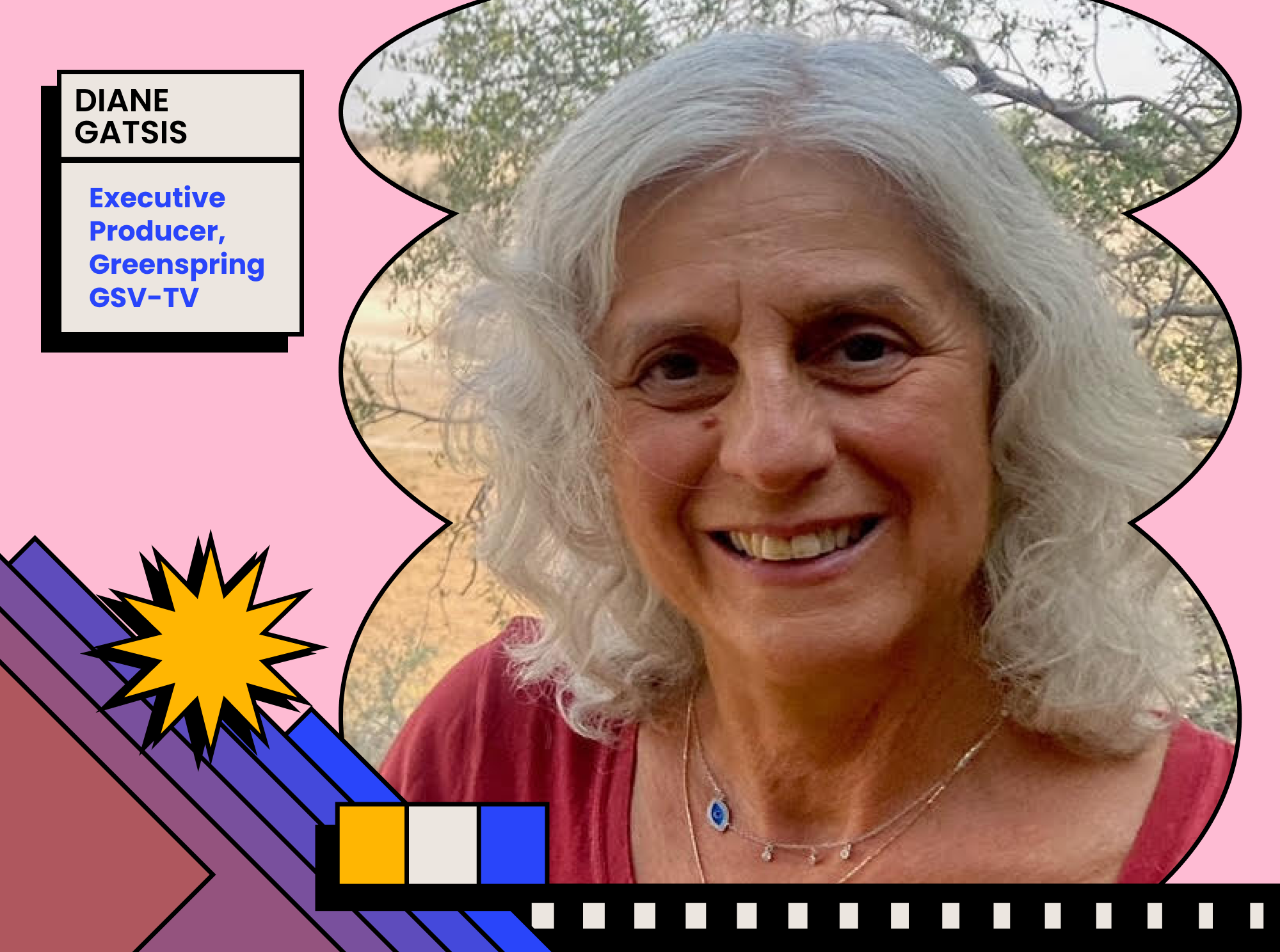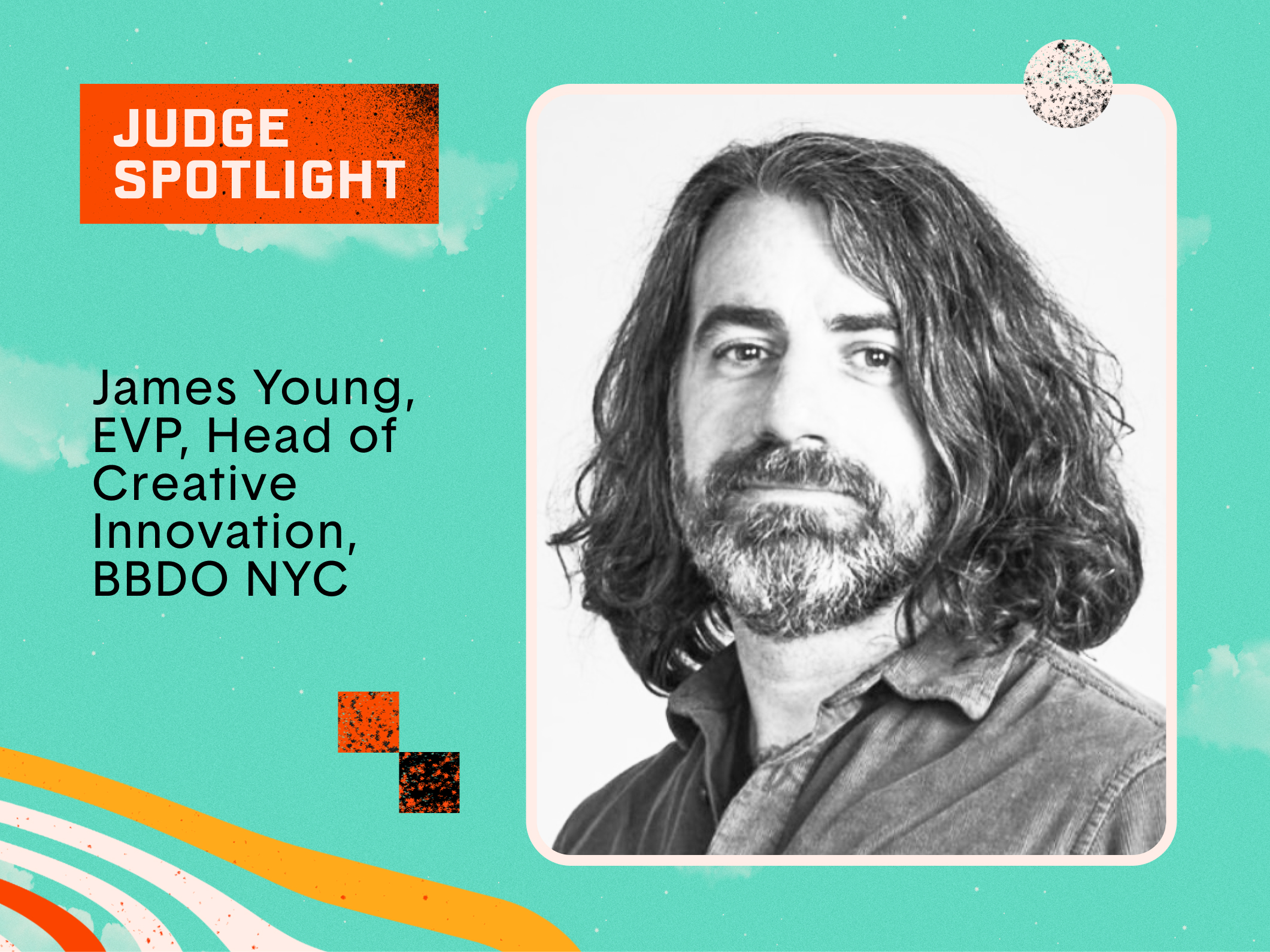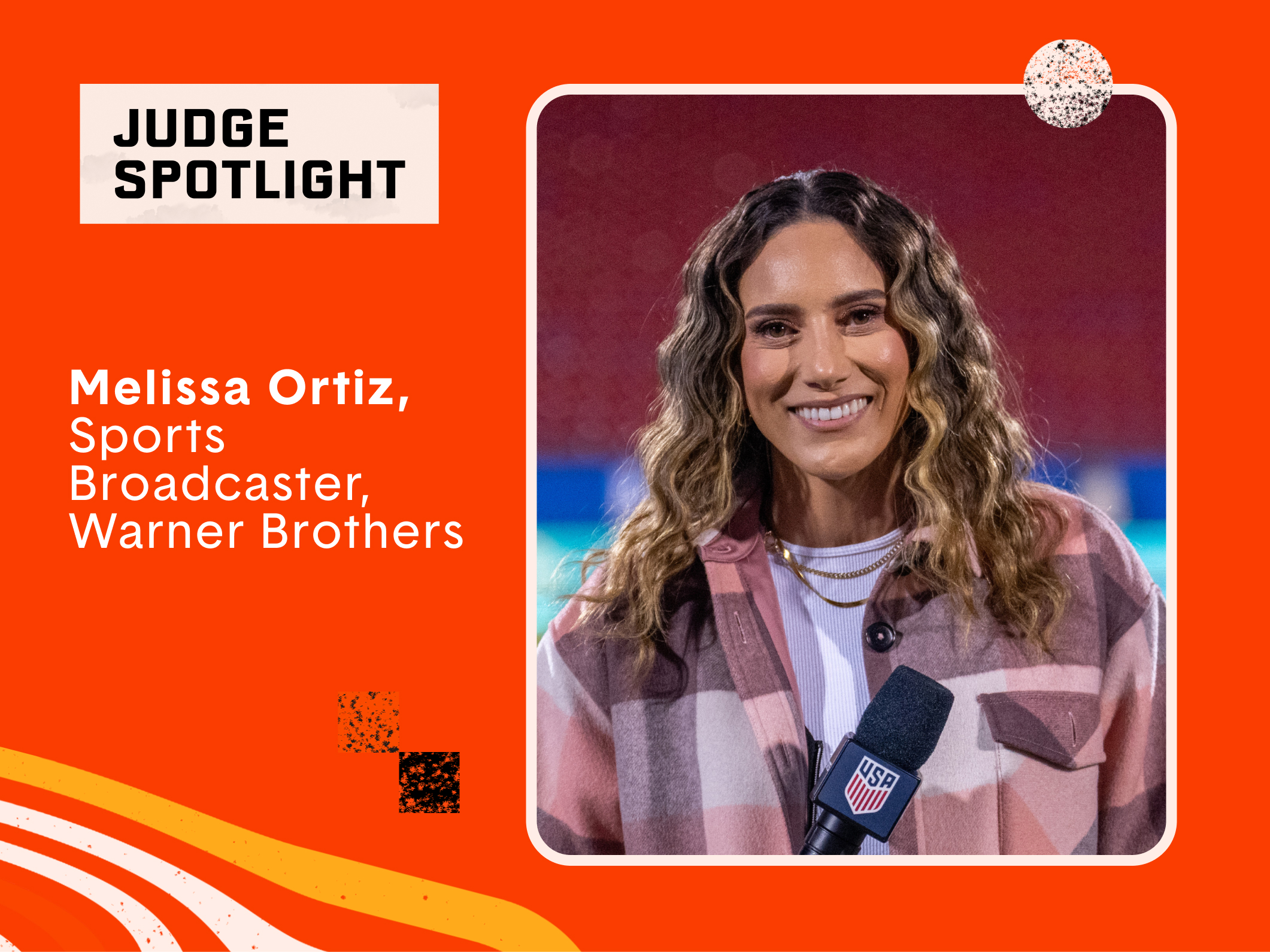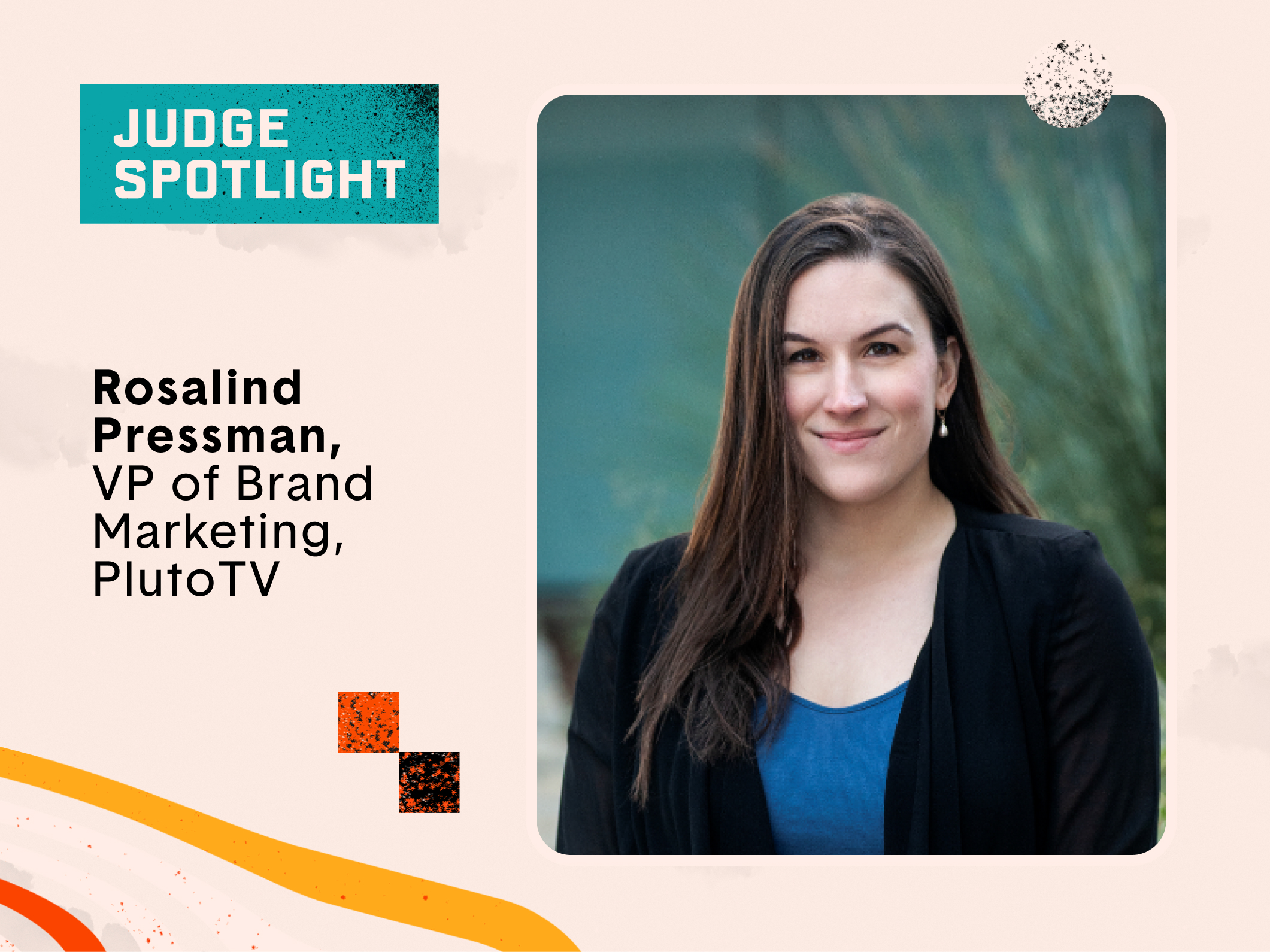What was your first job in the industry? What did it teach you?
I was first introduced to radio and television while a sophomore at Maine West High School in Des Plaines, Il. I would host and produce segments with community leaders and progressive rock programs. However, my first technical job in the industry was at Illinois State University, where I earned a BA in Communication Arts. I was the Music Director of the radio station and host at their NPR station, WGLT-FM. I continued with radio until I took a course in TV Production and fell in love with television. I directed a live evening newscast for the local cable company and learned how to make quick second decisions, direct a crew and produce a clean production especially when things didn’t always go the way they were planned.
These initial jobs led me to free-lance and part-time work until I graduated from Michigan State University with a MA in Telecommunications, emphasis in Broadcast Arts. Each job enabled me to expand my directing and producing skills. I have worked in every aspect of broadcasting: public, broadcast, cable, industry & business, education and private. Each had its own challenges, frustrations and opportunities for growth. I truly believe I developed my live directing ability from my production coursework at ISU and being a news director 5 nights a week. There is no greater thrill than directing a successful live television production.
What project are you most proud to have worked on?
The Mountains are Calling is a program that I shot, produced, edited and directed that was broadcast at GSVTV for Greenspring, Erickson Living. The feature was shot during a family trip to Alaska in the summer of 2018 where I was able to visit some of the most remote parts of the country. I was able to combine my love of music, graphics and utilize editing techniques that challenged myself. This innovative feature allowed viewers to experience Alaska as I had, especially considering my key demographic are individuals in their 80’s. This feature also won a Telly Award for Best Travel Feature in 2019.
What’s the best part of your job? What’s the most challenging?
Being able to work with people especially young directors and editors and show them the “ropes,” especially live directing which very few college graduates or people just entering the business have been taught. Being able to give them hands on experience and help them grow their portfolio has been rewarding.
The most challenging aspect has been the industry itself and trying to find well-paying and secure jobs. I was fortunate to find an employer that allowed me the freedom to be creative and innovative but it took many, many years of freelancing before I was able to find that job.
What do you look for when reviewing Telly Award entries?
Foremost, I look for a clean production and clear message – without these why do it? Secondly, I look for any new, different production techniques which draws the viewer into the story. I ask 3 questions: what was the artist trying to do? was it successful? was it worth doing?
How do you unwind from work mode?
Before I retired, I used to bike to work daily, which allowed me time at the start and end of my day to either prepare or decompress. It also allowed me a time to be creatively think through problems or productions. In addition to biking, I enjoy taking walks, swim, cook and have rediscovered my love of reading (especially audiobooks)! But ultimately have a delicious meal with family and friends is the best way to unwind.
Do you have any specific practices you lean on to fuel your creativity?
I am an avid consumer of film and television, especially anything on PBS Masterpiece lately. I love to discover new techniques and viewpoints that challenge me. I also am a theatre patron, frequenting several of the local theaters in the DC area (Shakespeare Theater Company, Arena Stage, Signature Theatre, Kennedy Center, and Synthetic are some of my favorites). The more you consume, the more you can observe and think about ways to make it your own.
When did you know that this career is what you wanted to do?
As a sophomore in high school at Maine West, I just fell in love with the media. I also think being a photographer and minoring in Theatre helped me to take what I learned from these disciplines and apply it to television. If you want to learn lighting, directing and dealing with actors – there’s no better place than the Theatre to do this.
What inspired you to join the field and create the kind of work you do?
Taking production courses tends to focus on the equipment – not the eye or ear. To develop these, photography and Theatre – or any art – will give you this important perspective. One needs to open their eyes and ears to all the wonderful possibilities. Asking the what if questions.
Where do you see your field of work in 5 years?
I think we are at a crossroads – striking writers and actors are showing the rest of us the challenges of AI and creativity. I hope we win out. The industry has way too many robotic cameras and machine replacements which has shrunk our industry tremendously. While technology has served us for the better in terms of cameras and equipment it is starting to lack the human connection.
Why interested in judging for The Telly’s?
Judging the Telly’s gives me the opportunity to see a variety of work which I wouldn’t have the access or opportunity, especially with the foreign entries. It allows me to stay current.
Have you ever experienced discrimination within your work and how did you deal with it?
As a woman in a male dominated industry during the 1970’s, who was younger than my male counter points, I was not taken seriously and had to prove myself. I found dealing with the engineering department to be especially tricky.
What’s a work tool you use every day and what’s one that is obsolete that you wish still existed?
My iPhone camera – I’ve started a new project which has allowed me to experiment with a variety of techniques.
Film and audio editing – the “old fashion way.” There’s nothing more satisfying that being able to cut and splice film or audio tape. Being able to hear the moment to cut tape and hold it in your hands to make sure your splice will hold up is an incredible feeling.





